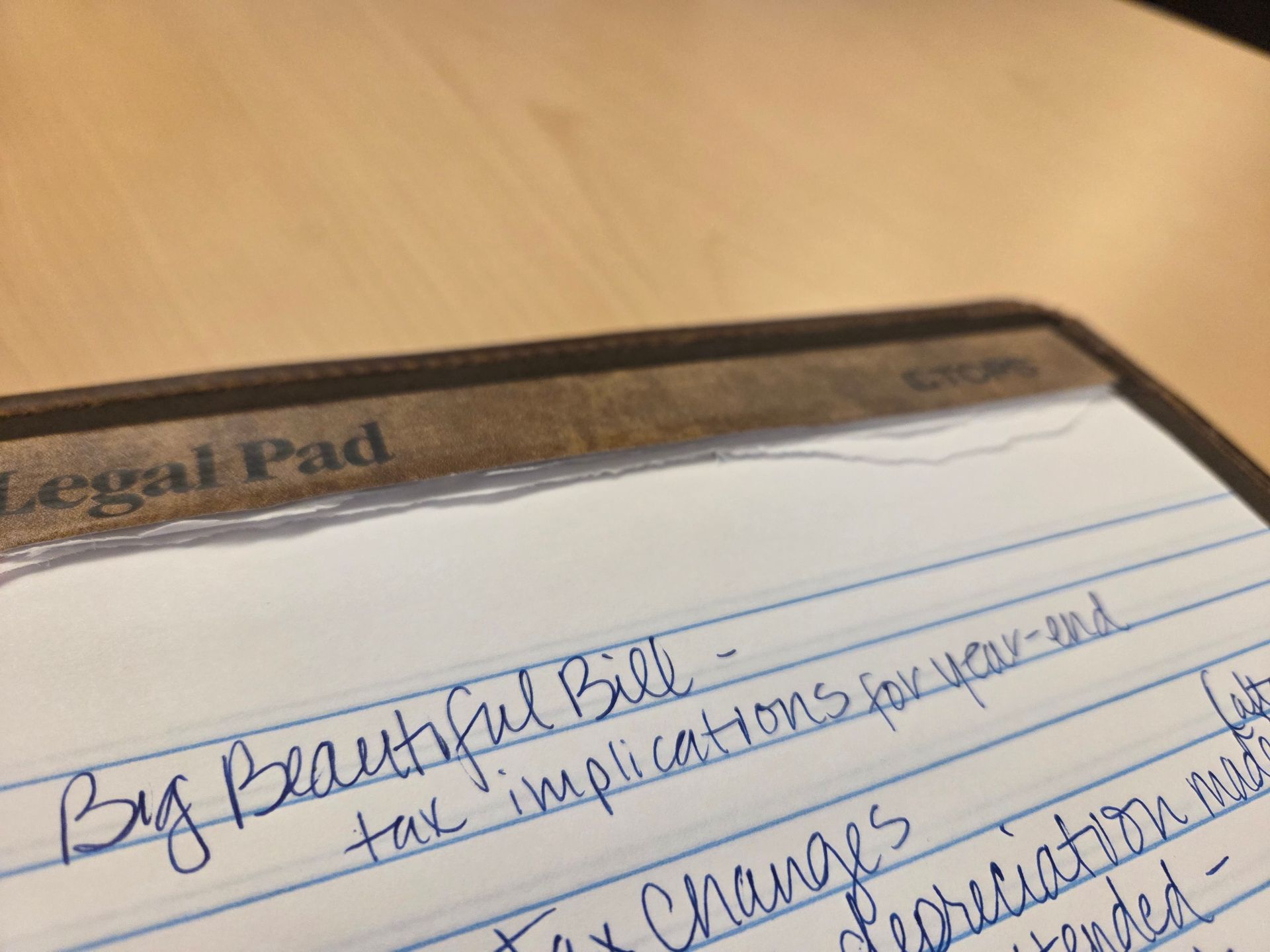Sustainable Investing: Good News for 2022
(We wanted to share one more article from outside our firm that communicated the impact of women in the ESG/SRI Industry.)
By Carole Laible, Domini Impact Investments
For women-led and impact leading Domini Impact Investments, sustainable investing isn’t a trend; it’s a tradition. CEO Carole Laible explains what’s ahead for sustainable investing in 2022—and why women are the ones that will continue to power its momentum.
Impact investing is everywhere these days. It’s in the news. It’s a part of an increasing number of investment portfolios. And with the urgent call from the 2021 Report of the Intergovernmental Panel on Climate Change,1 I expect all eyes will continue focusing on sustainability throughout 2022. This growth is a greatly appreciated phenomenon to watch unfold.
Interest in sustainable investing, also known as socially responsible, ESG (environmental, social, and governance), ethical, or impact, investing has never been stronger. Recent statistics and the results of Domini’s survey conducted in partnership with Kiplinger, support this statement. We’re seeing that more than ever, investors care—and they care a lot. They understand that if we are to live on a green planet and if we are going to allow every human to thrive, then they must play an active role.
Last year, 33 percent of $51.2 trillion in total U.S. assets under professional management were invested in sustainable, responsible, and impact investing strategies.2 As more asset managers enter the impact investing space, I smile; their entry is competition, yes—but more importantly, it’s the fulfillment of Domini’s vision. Since our inception, we have worked to make “investing for good,” the way all investing is done. Real progress is being made toward this goal.
It’s also incredibly satisfying to see the leadership of women in this transformation. I say this not only because it was our founder, Amy Domini, who helped launch the sustainable investing movement, or because we are a women-led organization, but also because on a daily basis, I witness the power of women investors, big and small, coming together to harness the power of finance to build a better future. A recent RBC Wealth Management study of their U.S.-based clients found that “female clients are almost twice as likely as their male counterparts to say it is important that the companies they invest in integrate ESG factors into their policies and decisions….[and are] more likely to prioritize ESG impact when considering what companies or funds to invest in, while male clients are much more likely to prioritize financial performance.” Women in particular, and a great many men too, look to sustainable investing to help express their care for the climate, for low-income communities, and for global health, knowing that all of these things are interconnected. They understand — often from personal experience — that gender diversity starts at the top. As companies hire more women and include more diversity in their upper management and on their boards, the organizations realize both better balance and better financial results. MarketWatch reported that companies with diverse teams attain 19 percent higher revenue than those that lack diversity.3 As part of our investing criteria, we consider diversity as a universal key performance indicator. But despite these statistics, the U.S. financial world is still struggling to realize the benefits diversity brings—at least if the largest public financial institution statistics are representative. According to a Deloitte study, only six of the 107 largest public financial institutions in the U.S. had female CEOs in 2019.
As investors, let us remember that what gets measured gets managed. When ethical investors decide not to invest in a company because it has no women on its leadership team or board, other companies start to consider the diversity of theirs. When we invest in low carbon footprint companies, other companies start paying attention to their own carbon footprint. When we boycott companies aiding warlords, companies reconsider aiding warlords for profit.
We can also use our voice as investors to create change when needed. Last year our firm communicated with companies on topics related to gender diversity, climate policy, executive compensation, and drug pricing. We were successful in reaching agreements with several companies. For example, we recommended that an automobile manufacturer publish a Diversity, Equity, and Inclusion report—and they did.
What gives me great hope is that while more than 70 percent of the respondents of our survey said a company’s environmental practices, social issue management, and governance policies are very or somewhat important to them when choosing investments, impact investing proves to be even more popular with younger investors. Ninety-one percent of Millennial respondents to our survey say they are likely to add these types of investments to their portfolios soon. Baby boomers helped build the industry, and the younger generations will help propel it forward. Our future holds hope to be greater and greener as investors come together with mutual care for people, planet, and profit. That’s good news for 2022—and well beyond.
The rest of the article can be found at https://greenmoney.com/sustainable-investing-good-news-for-2022-and-beyond/



